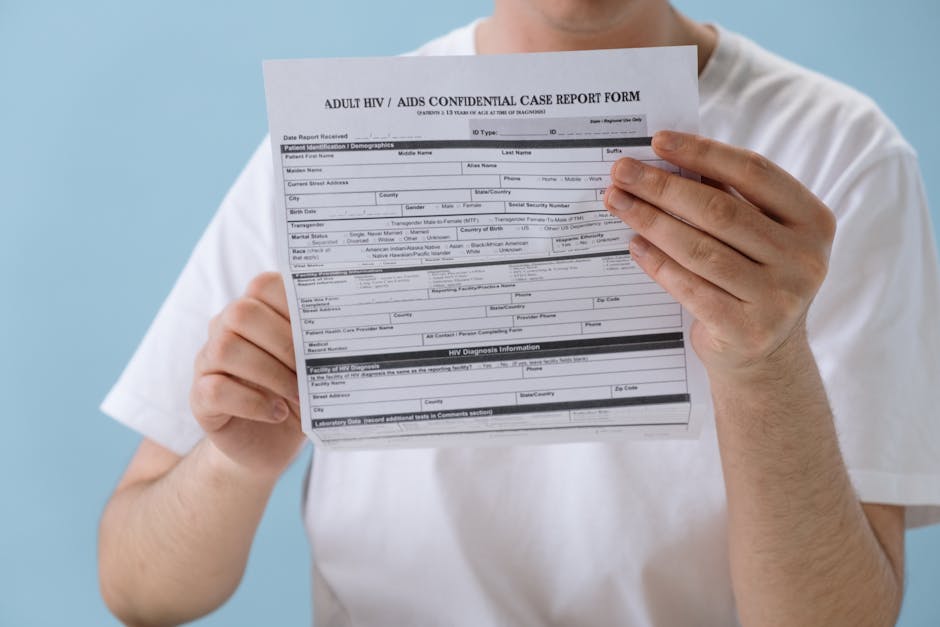
Behavioral Health Resources (BHR) of Washington state has updated its data breach disclosure, revealing a significant escalation in the number of affected individuals from an initial placeholder count of 501 to a confirmed 50,083. The breach, discovered on November 20, 2024, involved unauthorized network access, exposing sensitive personal and medical data. This incident highlights critical challenges in forensic assessments and regulatory compliance for healthcare entities.
Incident Overview and Technical Details
The breach was first reported to the U.S. Department of Health and Human Services (HHS) on January 17, 2025, with BHR using a placeholder count of 501 affected individuals pending further investigation. By April 17, 2025, the confirmed impact grew to 50,083 individuals. Exposed data included full names, Social Security numbers, dates of birth, tribal/government IDs, biometric data, and extensive medical records such as diagnoses, treatment histories, and insurance details. Forensic analysis could not confirm whether the data was exfiltrated or merely viewed, and no ransomware group claimed responsibility for the incident.
Regulatory Compliance and Legal Context
BHR complied with Washington state’s RCW 19.255, which mandates a 30-day notification deadline for breaches affecting over 500 residents. The state’s expanded definition of “personal information” under HB 1071 (2019) includes biometric and medical data, adding complexity to breach disclosures. Additionally, the My Health My Data Act (MHMD), effective March 2024, imposes stricter consent requirements for health data sharing and prohibits geofencing around healthcare facilities. BHR’s breach remains listed as a “placeholder” on HHS’s breach portal, suggesting ongoing federal review under HIPAA.
Response and Mitigation Measures
BHR established a dedicated helpline (855-549-2726) and offered credit monitoring services to affected individuals. The organization also implemented enhanced network monitoring, encryption protocols, and employee training. Policy revisions were made to align with MHMD and HIPAA requirements, including updates to data retention and access controls. Despite these efforts, the breach has drawn scrutiny from legal experts, with potential class action investigations citing violations of Washington’s Consumer Protection Act (CPA), which allows for treble damages up to $25,000 per violation under MHMD.
Relevance to Security Professionals
This breach underscores the importance of robust incident response plans and accurate forensic assessments in the healthcare sector. Key takeaways include:
- The challenge of early breach impact estimation, as seen in the discrepancy between initial and final affected counts.
- The need for multi-state entities to navigate conflicting notification timelines (e.g., Washington’s 30-day rule vs. HIPAA’s 60-day deadline).
- The irreversible risks posed by biometric data exposure, which heightens long-term identity theft concerns.
Conclusion
The BHR breach reflects broader vulnerabilities in healthcare data security, with Washington state reporting that 42% of its 2024 breaches occurred in the healthcare sector. Organizations must prioritize timely disclosures, robust encryption, and employee training to mitigate such risks. Future regulatory enforcement actions, particularly under MHMD, may set precedents for breach accountability in the healthcare industry.
References
- Washington State Attorney General’s Office. “Washington’s Data Breach Notification Laws.”
- Washington State Legislature. “HB 1071 (2019): Expanded Definition of Personal Information.”
- WSHB Law. “Washington Health Data Privacy Protection Law.”
- HIPAA Journal. “Healthcare Data Breaches in WA, GA, NH.”
- Behavioral Health Resources. “Preliminary Breach Notice (PDF).”
- Lewis Brisbois Law. “WA Data Breach Notification Statute Updates.”






